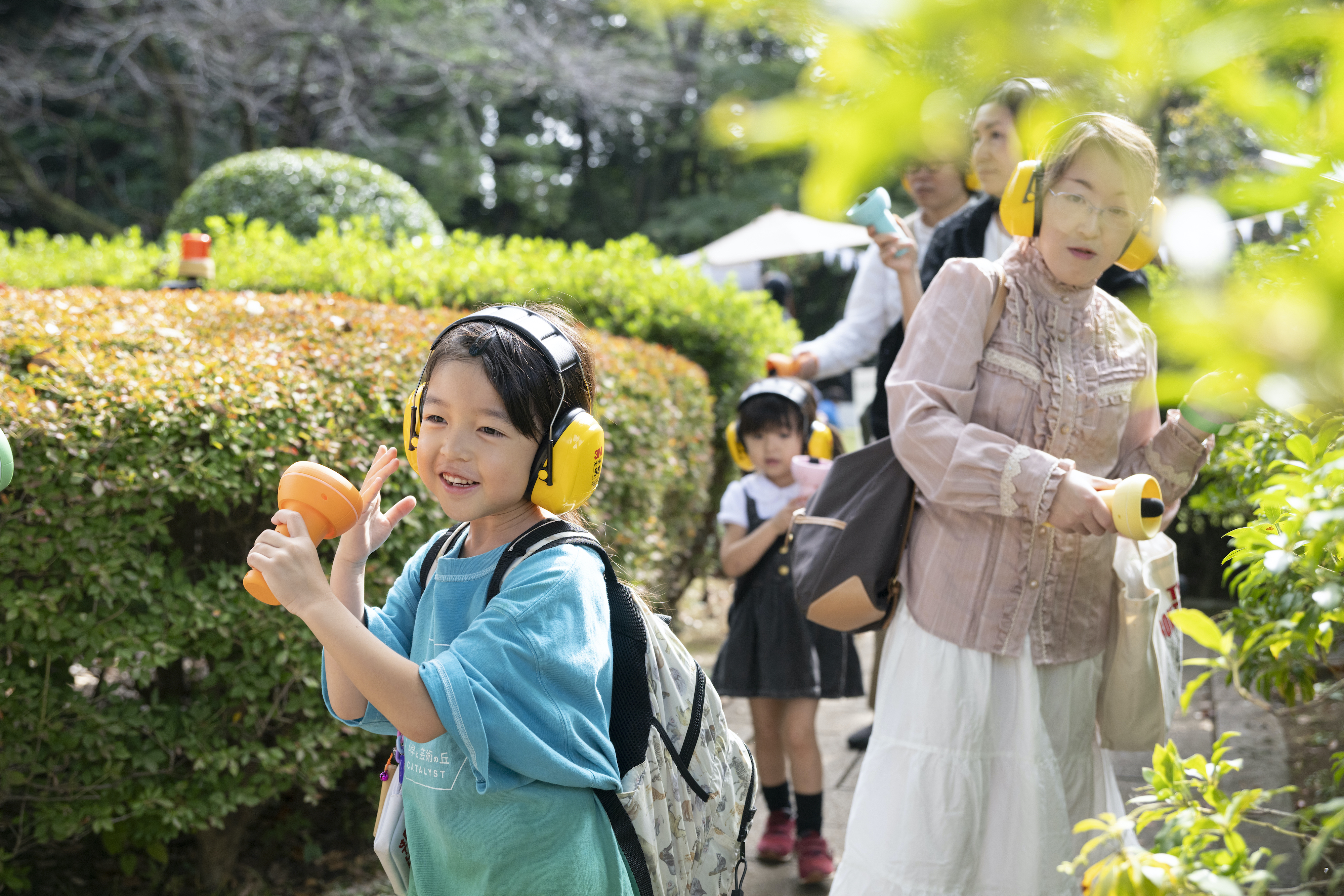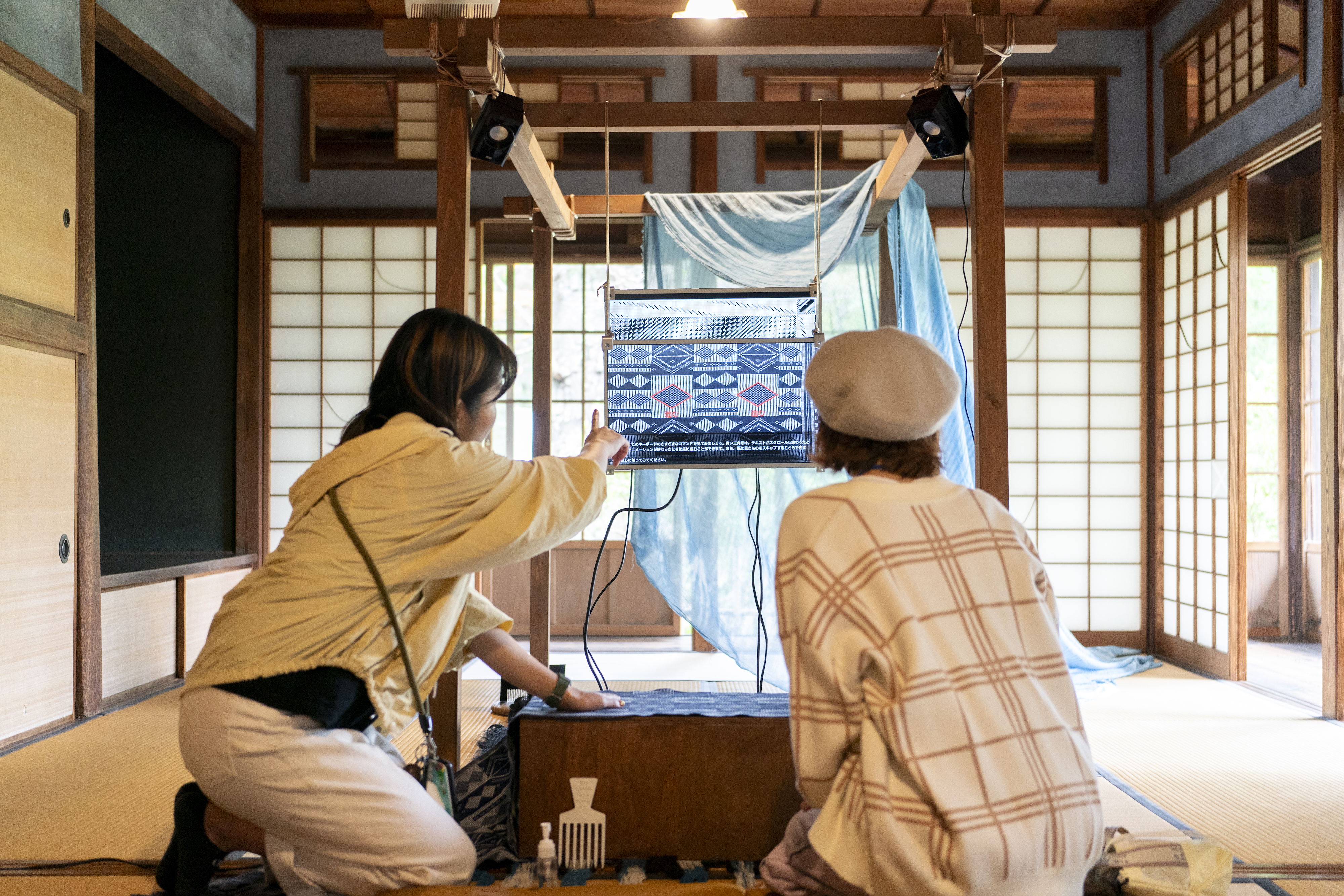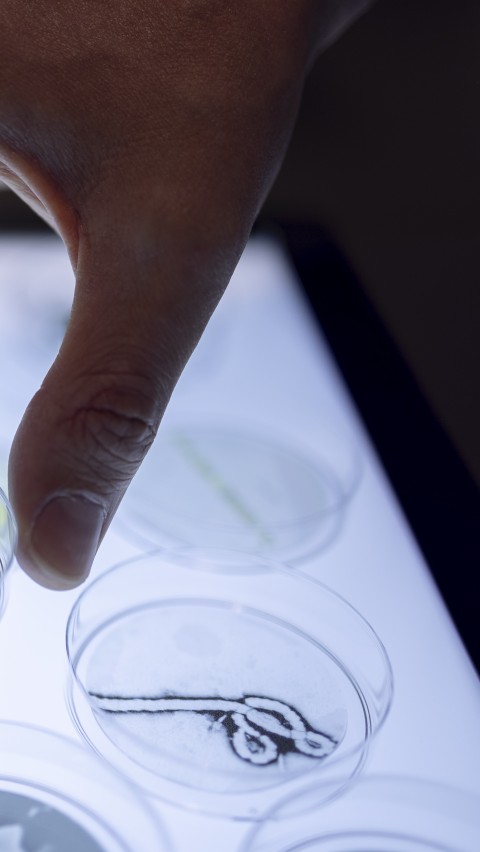
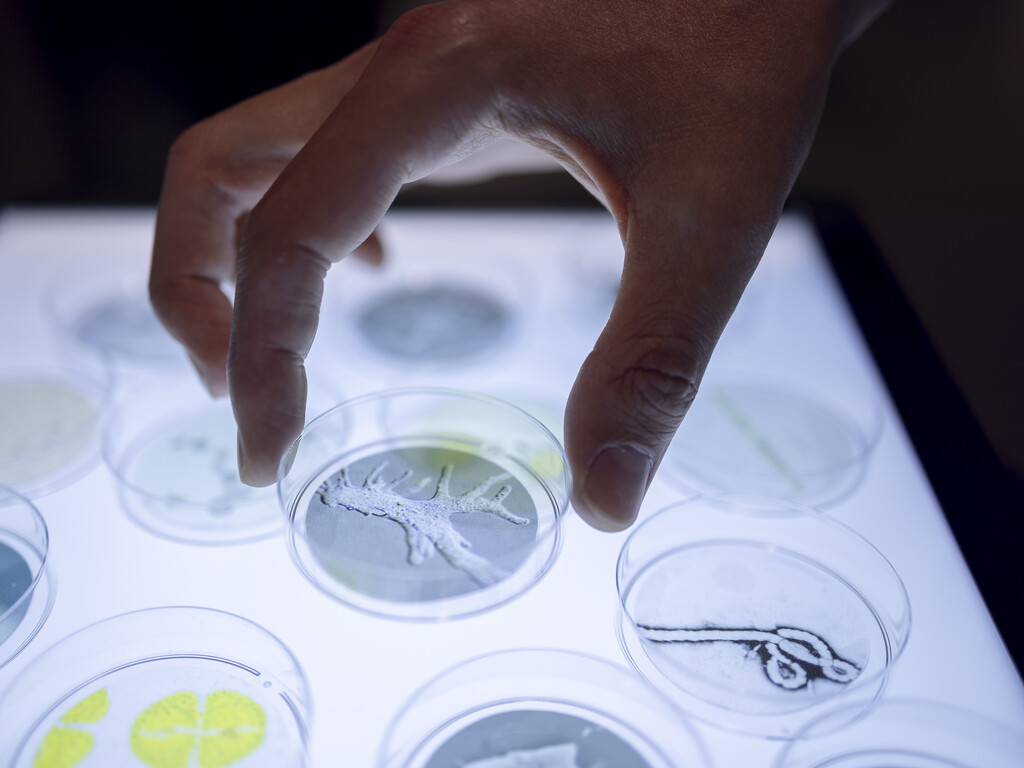
Tojo-tei House *Talks will also be available online
INVISIBLES: The Hidden Life of Microbes
From Matsudo to the World — Launch of a Citizen Science x Art Project
Along with other fascinating art x science projects, the exhibition “INVISIBLES: The Hidden Life of Microbes,” jointly organized by the Swiss National Centre of Competence in Research (NCCR Microbiomes) and the Musée de la main in Lausanne, Switzerland, will be presented as a traveling exhibition and satellite presentation at the Matsudo International Science Art Festival 2025.
The exhibition explores a fascinating and largely unknown world—the world of microorganisms that live alongside us. Omnipresent yet invisible, they form communities, or microbiomes, which play a crucial role in both health and the environment. As the origin of life on Earth, microorganisms are essential to the balance of all ecosystems. From soil to oceans, from the air to plants, and even within the human body, the exhibition invites visitors to discover the hidden life of microorganisms.
Some of the items presented here are drawn from the exhibition “Invisibles. The hidden life of microbes”, presented at the Musée de la main UNIL-CHUV in Lausanne Switzerland, from 27 June 2024 to 04 January 2026, and produced in collaboration with the National Centre of Competence in Research NCCR Microbiomes.
Date & Time
Friday, 24 October 2025, 10am - 4:30pm
Saturday, 25 October 2025, 10am - 4:30pm
Sunday, 26 October 2025, 10am - 4pm
*The reception at Tojo-tei house is between 9:30am and 4:30pm.
About the Matsudo International Science Art Festival 2025
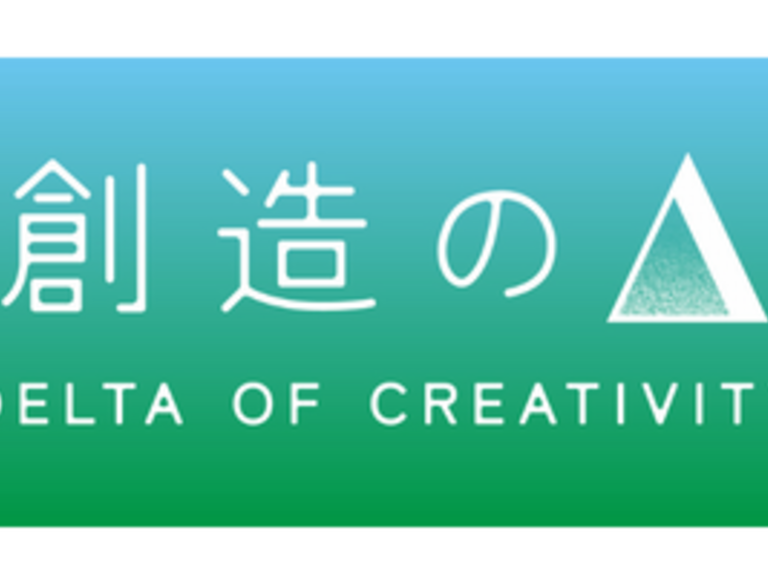
2025 Theme
What comes to mind when you see the symbol “Δ”?
In Matsudo, a place where diversity continues to grow, we use “Δ” — a symbol that evokes a different image for each viewer — as a clue to imagine and create new futures.
How to Participate in the Festival
For details on how to take part in the festival, please see the following link: https://science-art-matsudo.net/en
Satellite Exhibition Partners:
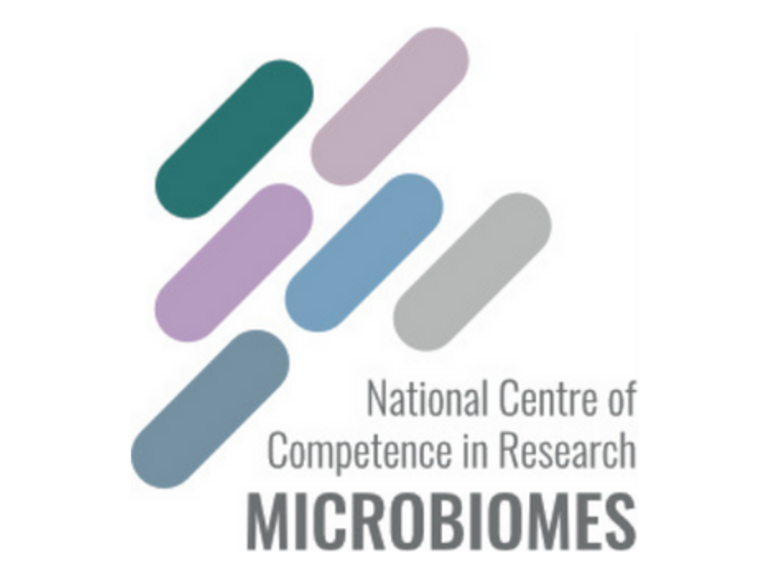
The NCCR Microbiomes is a Switzerland-wide research network aiming to improve our understanding of the roles of microbial communities in all aspects of natural life and health. The network comprises 25 research teams from across Switzerland: the University of Lausanne, ETH Zurich, EPF Lausanne, the University of Zurich, the University of Bern, and Lausanne University Hospital (CHUV). It brings together internationally recognized experts in human infections, animal gut and plant microbiomes, genomics and computational biology, applied and environmental microbiology, and microbial ecology and evolution. Launched in 2020, the NCCR Microbiomes is funded by the Swiss National Science Foundation.
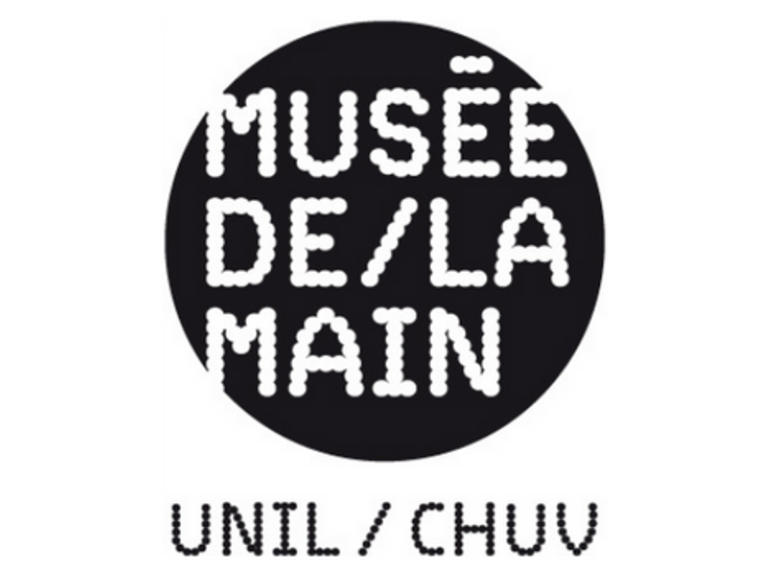
Musée de la main UNIL-CHUV in Lausanne, an interdisciplinary space dedicated to scientific culture, offering multi-sensory and interactive themed exhibitions. Focused on cultural dialogue and public engagement, this vibrant venue brings together knowledge and experience to provide an interdisciplinary perspective on contemporary issues. It explores the practices and knowledge that shape our bodies and perceptions. Through its immersive and interactive exhibitions, the museum has become a hub for curious minds. Each exhibition is complemented by an ongoing program of events, talks, and debates designed for all.

MISAF Lab is a research and development team centered on the core members of Matsudo International Science Art Festival (MISAF). The team brings together members with diverse, cross-disciplinary expertise in biology, ecology, urban planning, community engagement, art, design, and theater. Working with a wide range of partners from both art and science, MISAF Lab develops projects from conceptualization through implementation, presentation, and social dialogue. Through these activities, the team works creatively on local and global social challenges with the mission to contribute to future society.
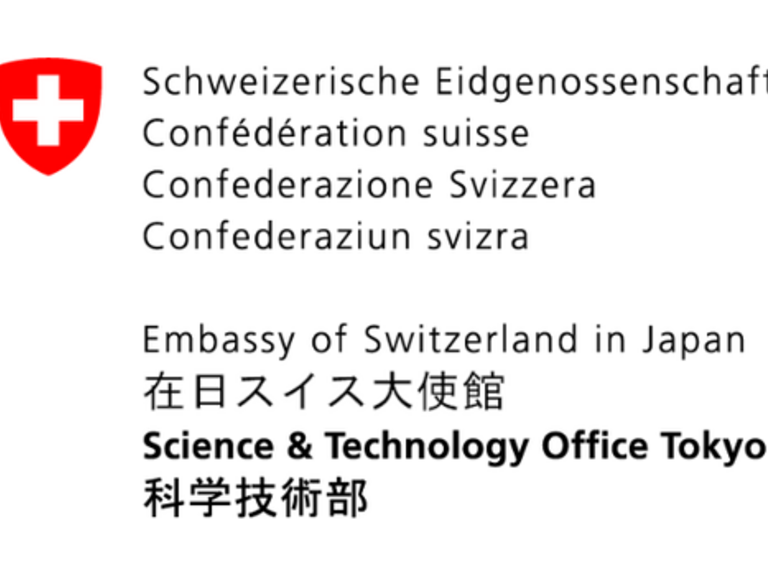
The Science & Technology Office Tokyo, part of the Embassy of Switzerland in Japan, serves as a dynamic bridge between Switzerland and Japan in the fields of education, research, and innovation. Its mission is to empower global collaboration by connecting universities, research institutes, start-ups, accelerators, open-innovation players, and governmental institutions, especially those driven by curiosity, creativity, and a youthful spirit. By crossing disciplinary and cultural boundaries, the Office fosters vibrant exchange, supports the international visibility of Swiss excellence, and creates fertile ground for transformative ideas and partnerships.
Sponsored
by Foundation Sakae Stünzi
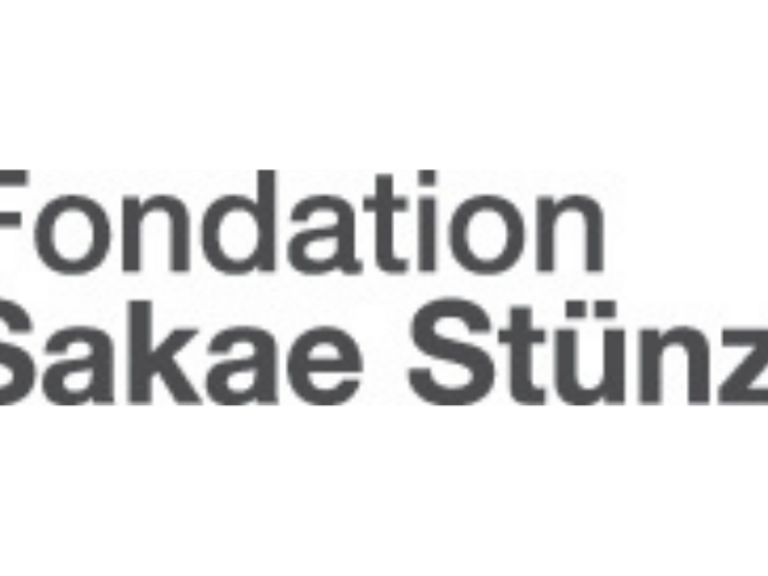
Article’s cover:
© Musée de la main UNIL-CHUV, Lausanne, Switzerland
